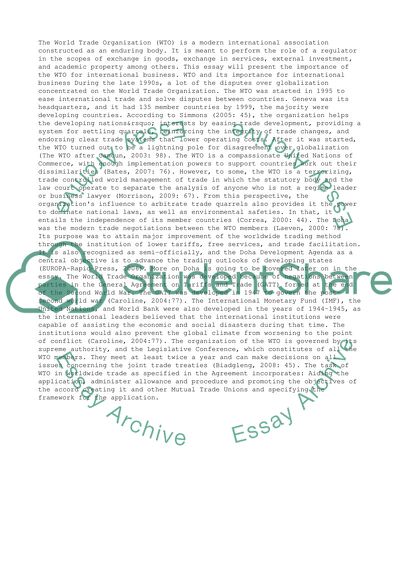Cite this document
(“Explore the importance of the WTO for international business Essay”, n.d.)
Retrieved from https://studentshare.org/business/1404012-explore-the-importance-of-the-wto-for
Retrieved from https://studentshare.org/business/1404012-explore-the-importance-of-the-wto-for
(Explore the Importance of the WTO for International Business Essay)
https://studentshare.org/business/1404012-explore-the-importance-of-the-wto-for.
https://studentshare.org/business/1404012-explore-the-importance-of-the-wto-for.
“Explore the Importance of the WTO for International Business Essay”, n.d. https://studentshare.org/business/1404012-explore-the-importance-of-the-wto-for.


